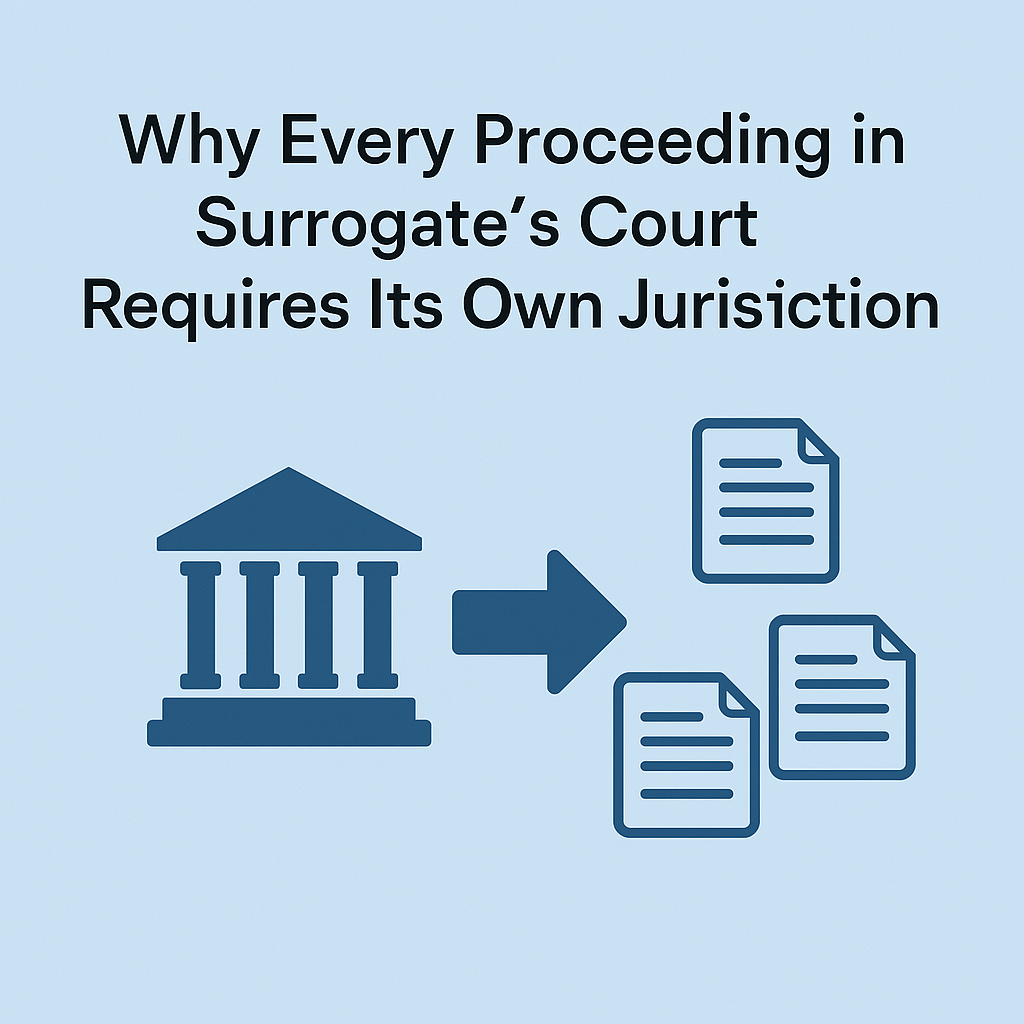In Matter of Landau, 2024 NY Slip Op 34301 (NY Sur. Ct., New York County 2024), the New York Surrogate’s Court addressed the scope of pre-objection discovery in the probate proceeding of Emily Fisher Landau’s estate.
The respondent sought to (1) expand the five-year time frame for discovery established by Uniform Rules for Surrogate’s Court [22 NYCRR] § 207.27 and (2) depose his brother, Winston Fisher, during the pre-objection discovery phase under SCPA 1404. He argued that these expansions were necessary to avoid triggering the propounded instrument’s in terrorem clause and claimed that Winston held key information about alleged undue influence over the decedent. The court denied both requests, holding that the respondent failed to demonstrate the “special circumstances” required to deviate from the discovery limits.
Discovery Limits Upheld
The court reinforced the five-year discovery time frame, rejecting the respondent’s request to extend it, as he presented no evidence beyond speculation and conjecture. The court found that the respondent’s allegations of undue influence by Winston Fisher lacked evidentiary support, making them insufficient to establish the “special circumstances” required to expand discovery.
Similarly, the court denied the request to depose Winston during the pre-objection phase. It concluded that the respondent "failed to show that Winston had information concerning the validity of the propounded instrument 'that is of substantial importance or relevance to a decision to file objections' to probate (see SCPA 1404(4) and EPTL 3-3.5(b)(3)(D))." The court emphasized that the issue in this proceeding was the validity of Emily Fisher Landau’s December 18, 2012 will—not the validity of the will of the respondent’s father. It also noted that this probate proceeding was not the appropriate forum for exploring the disposition of the father’s estate assets.
Implications of the Decision
This decision underscores the importance of providing credible evidence when seeking to expand the scope of discovery in probate cases. Speculation and conjecture are insufficient to meet the statutory threshold for "special circumstances," whether the request involves extending the discovery time frame or deposing individuals during the pre-objection phase. The court’s ruling reinforces both the five-year discovery standard set by 22 NYCRR § 207.27 and the limited scope of pre-objection depositions under SCPA 1404. By maintaining these boundaries, the court seeks to prevent fishing expeditions while preserving the focus on the validity of the propounded instrument.
Hani Sarji
New York lawyer who cares about people, is fascinated by technology, and is writing his next book, Estate of Confusion: New York.





Leave a Comment